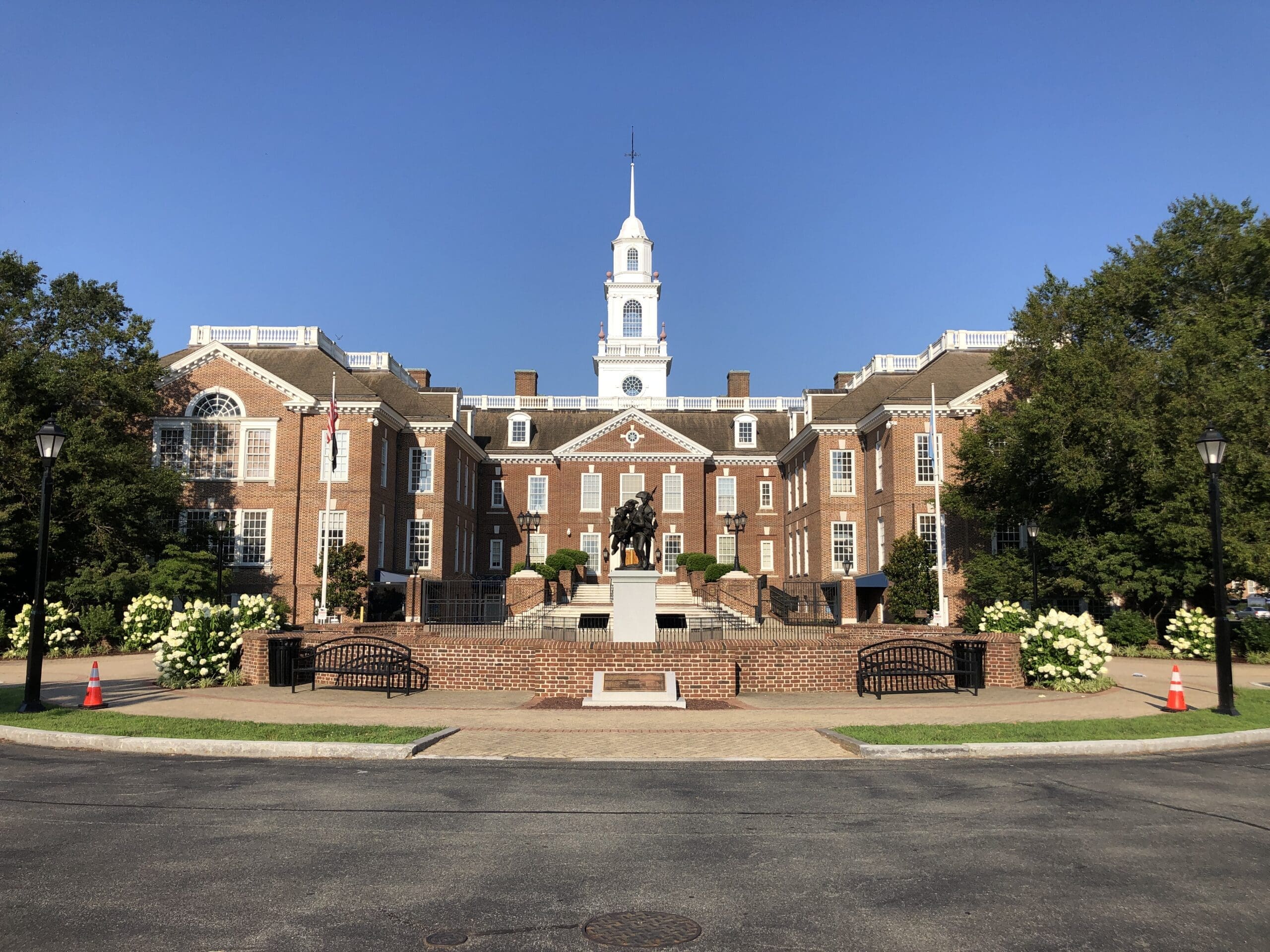The Senate passed bills Tuesday pertaining to confidentiality for abortion providers, minority party representation on an emergency health committee and payouts for employment discrimination.
Senate Bill 158, sponsored by Sen. Kyle Evans Gay, D-Arden, focuses on confidentiality rights for medical providers.
The bill allows anyone who is a reproductive health care services provider or employee to apply for participation in Delaware’s Address Confidentiality Program.
That program allows participants to keep their actual address confidential by applying to the Department of Justice for a substitute address for their mail to be delivered.
Gay said the bill is in response to the threat of closure for abortion clinics after the Dobbs decision that overruled Roe v. Wade.
She said Delaware clinics also face pro-life backlash and cited a Newark clinic that was fire-bombed in 2020.
“In addition to actual violence, we know that providers have a fear for their safety,” Gay said. “In the Judiciary Committee when this bill was heard, we heard from a representative of Christiana Care, one of our largest health providers, who had collected stories from providers who quite understandably did not want to stand in front of the Senate.”
The bill was passed unanimously and heads to a House committee.
Senate Bill 66, sponsored by Sen. Eric Buckson, R-Dover, adds the senate minority leader and the house minority leader as members of the Public Health Emergency Planning Commission.
As in federal government, a minority leader is someone who represents the party that is not in power. Right now, that’s the Republicans.
The senate minority leader is Gerald Hocker, R-Oceanview, and the house minority leader is Michael Ramone, R-Pike Creek South.
The bill also would require the commission to meet within 30 days of the initiation of a state of emergency due to a public health emergency. The goal would be to help craft the response to the emergency.
Those who opposed Gov. John Carney’s orders for businesses to shut, schools to go online and masks to be worn complained again and again that the Legislature and the public had no input into the moves.
“Nearly every other board or commission has minority party representation,” Buckson said. “It’s necessary that the minority party, whether it be Republican, Democrat or other, and the constituents they represent have a seat at the table when discussing these important matters.
SB 66 heads to a House committee.
READ: 100% graduation rate for UGrad foster children
Senate Bill 145, sponsored Sen. Laura Sturgeon, D-Hockessin, bumps the limit of financial compensation or punitive damages based on the number of employees at a place of business that has been cited for discrimination.
The caps are: $50,000 for places with four to 14 employees, $75,000 if a place has 15 to 100 employees, $175,000 for a place with 101 to 200 employees, $300,000 for a place with 201 to 500 employees and $500,000 for a place with more than 500 employees.
Under the bill, the Superior Court of Delaware may order equitable relief available under Title VII of the Civil Rights Act of 1964, as well as back pay and front pay, which is an award made for the period between the date of judgment and the date of reinstatement.
“This is a ceiling and not every jury is going to give them this amount,” Sturgeon said, adding that she wants to protect small business owners in the state.
Her reason for updating the payout scale is that Delaware follows the federal guidelines for caps, which have not been updated since 1991.
Sen. Bryant Richardson, R-Laurel, said he was concerned that Sturgeon didn’t have the number of successful claims for discrimination against the state of Delaware, saying that information could impact the state financially, and a fiscal note might be needed.
Richardson was the only legislator to vote against the bill, which passed and is headed to a House committee.


Raised in Doylestown, Pennsylvania, Jarek earned a B.A. in journalism and a B.A. in political science from Temple University in 2021. After running CNN’s Michael Smerconish’s YouTube channel, Jarek became a reporter for the Bucks County Herald before joining Delaware LIVE News.
Jarek can be reached by email at [email protected] or by phone at (215) 450-9982. Follow him on Twitter @jarekrutz
Share this Post




